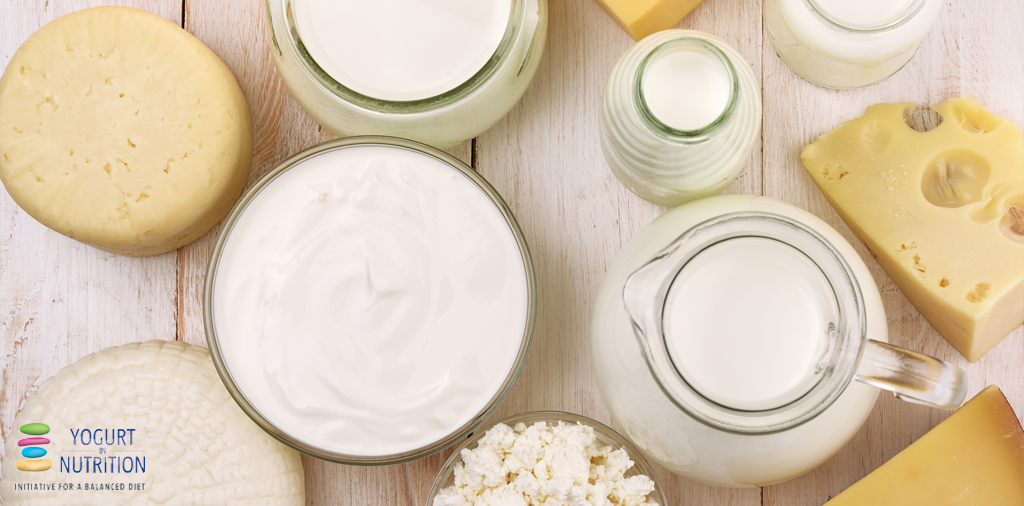The popular belief that full-fat dairy foods are less healthy than low-fat equivalents may be just a myth, this large US study suggests. If confirmed, it means you can tuck into your full-fat dairy foods – cheese, whole milk, full-fat yogurt – with guilt-free gusto.
For years we’ve been led to believe that fats in dairy products may harm our health, despite little supporting clinical evidence. But this conventional stance has been called into question by a growing number of studies suggesting that eating dairy fats is associated with either no effect or even a protective effect on our risks of heart disease, stroke, diabetes, weight gain and cancers.
Indeed, this latest study points to the possibility that at least one type of dairy fat is associated with a reduced risk of heart disease and stroke – although this may be counter-balanced by an association with an increased risk of dying from other causes.
Long term study of markers of dairy fat consumption
Dairy fats are mainly saturated fatty acids with effects on blood lipids, glucose and insulin, and insulin resistance.
This study examined the association between three dairy fatty acids in the blood stream and total death rate, deaths from specific causes, and risk of cardiovascular disease (CVD) among older adults.
Blood levels of the three fatty acids (pentadecanoic acid [15:0], heptadecanoic acid [17:0], and trans-palmitoleic acid [trans-16:1n–7]) are a good measure of dairy fat consumption.
The researchers enrolled 2,907 US adults aged 65 years or older, with no history of heart disease or stroke at the start of the study. Then they followed the participants for 22 years and recorded any deaths, heart attacks and strokes. Fatty acid levels in the blood were measured at the start of the study, and at 6 years and 13 years.
Dairy fat intake was not associated with increased deaths
The authors assessed several risk factors that can increase death rates in older adults, including gender, age, education, lifestyle, health and dietary factors. After taking these risk factors into account, they found no association between levels of the three fatty acids and overall death rate.
An association was seen with a reduced risk of death from heart disease and stroke
Higher blood levels of one of the fatty acids, heptadecanoic acid 17:0, was associated with reduced deaths from heart disease and stroke. People with the highest levels of this fatty acid had a 23% lower risk of death from heart disease or stroke than people with the lowest levels. The association appeared to be strongest for stroke deaths. People with the highest levels of heptadecanoic acid had a 42% lower risk of death from stroke than people with the lowest levels. The findings were similar in men and women, say the authors.
‘Higher plasma phospholipid heptadecanoic acid was associated with lower CVD mortality, especially stroke mortality…’ – de Oliveira Otto et al, 2018.
Substances in dairy foods could lower stroke risk
Nutrients in dairy foods, including calcium, vitamin D, phosphorus and potassium, may help to lower blood pressure and prevent the formation of blood clots, and this could lower the risk of stroke. Saturated fatty acids found in dairy foods also raise levels of ‘good’ cholesterol (HDL cholesterol), which could help to prevent blood vessels in the brain from becoming fragile and susceptible to rupture.
More studies are needed to try to work out how dairy fats might reduce the risk of stroke death, say the authors.
Deaths from other causes need farther investigation
On the flip side, heptadecanoic acid 17:0, but not the other two fatty acids measured, was associated with a higher risk of death from causes other than heart disease and stroke. People with the highest levels of this fatty acid had a 27% greater risk of death from other causes than people with the lowest levels.
This association did not appear to be related to any particular cause of death and needs further investigation, say the authors.
Dairy fat intake was not associated with total heart disease and stroke events
When the researchers looked at the risk of fatal and non-fatal heart disease and stroke events, they found no associations with the three fatty acids.
This suggests that full-fat dairy foods may not be as harmful to our heart and blood vessels as was once thought, say the authors.
‘Overall, our findings do not support harmful associations of dairy fat consumption for incident CVD events later in life.’ – de Oliveira Otto et al, 2018



